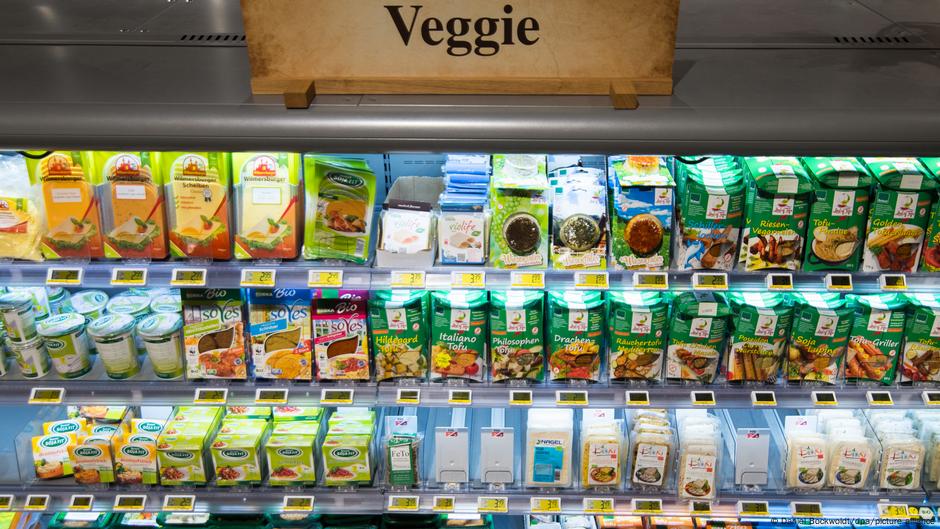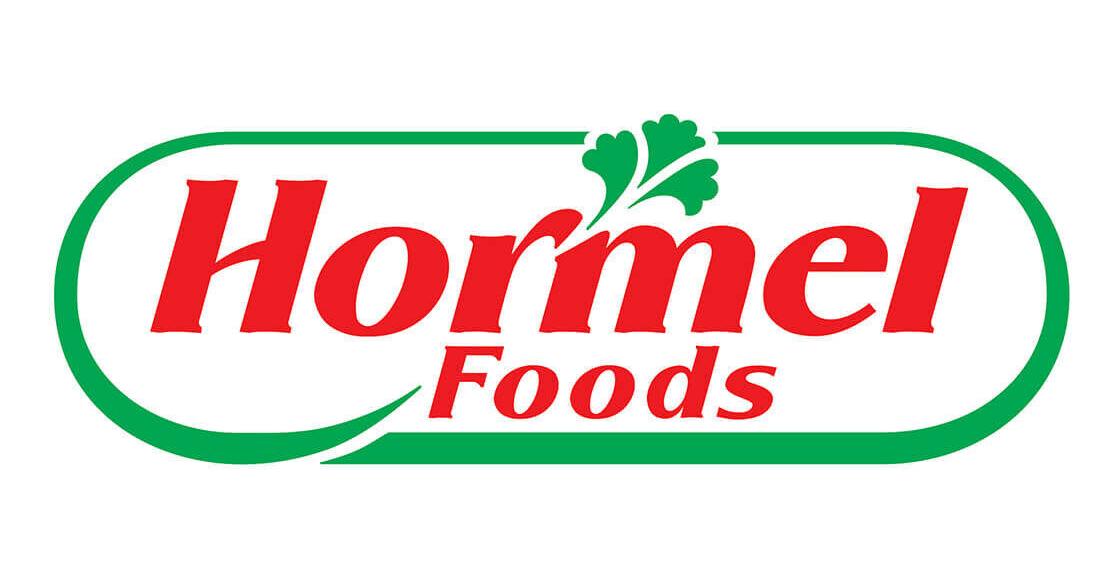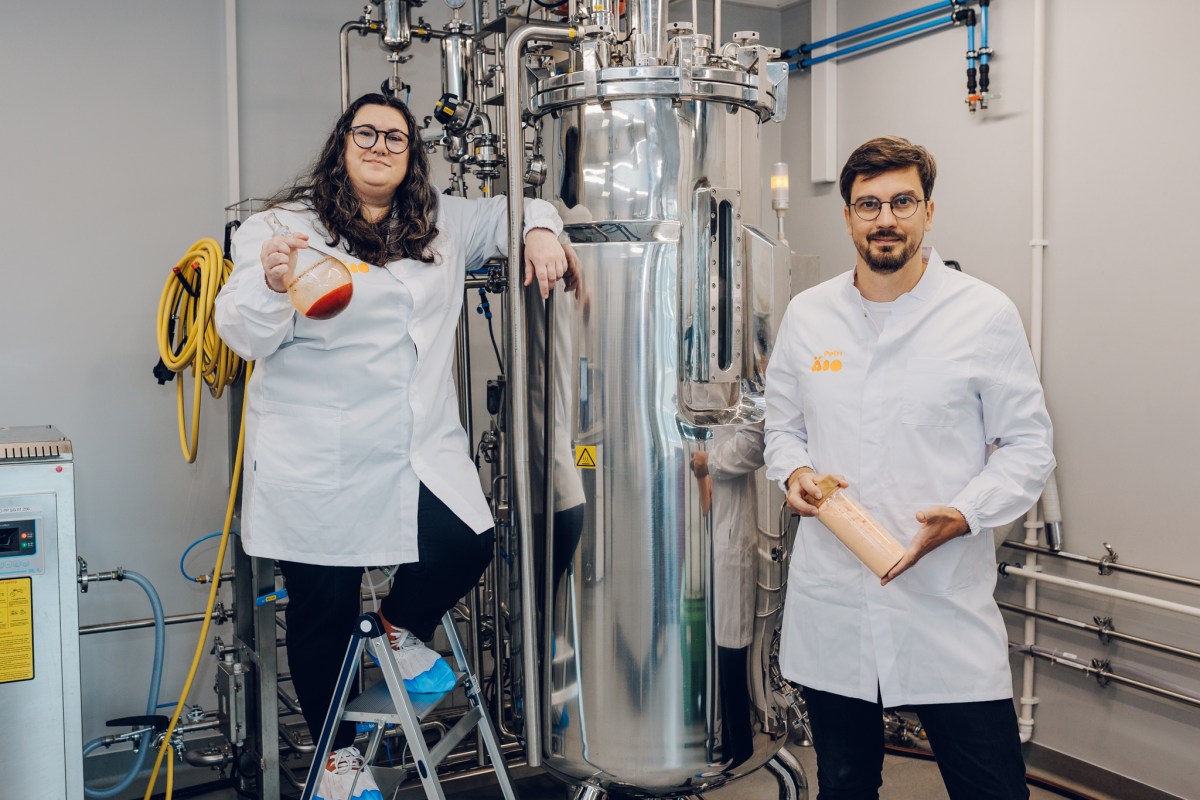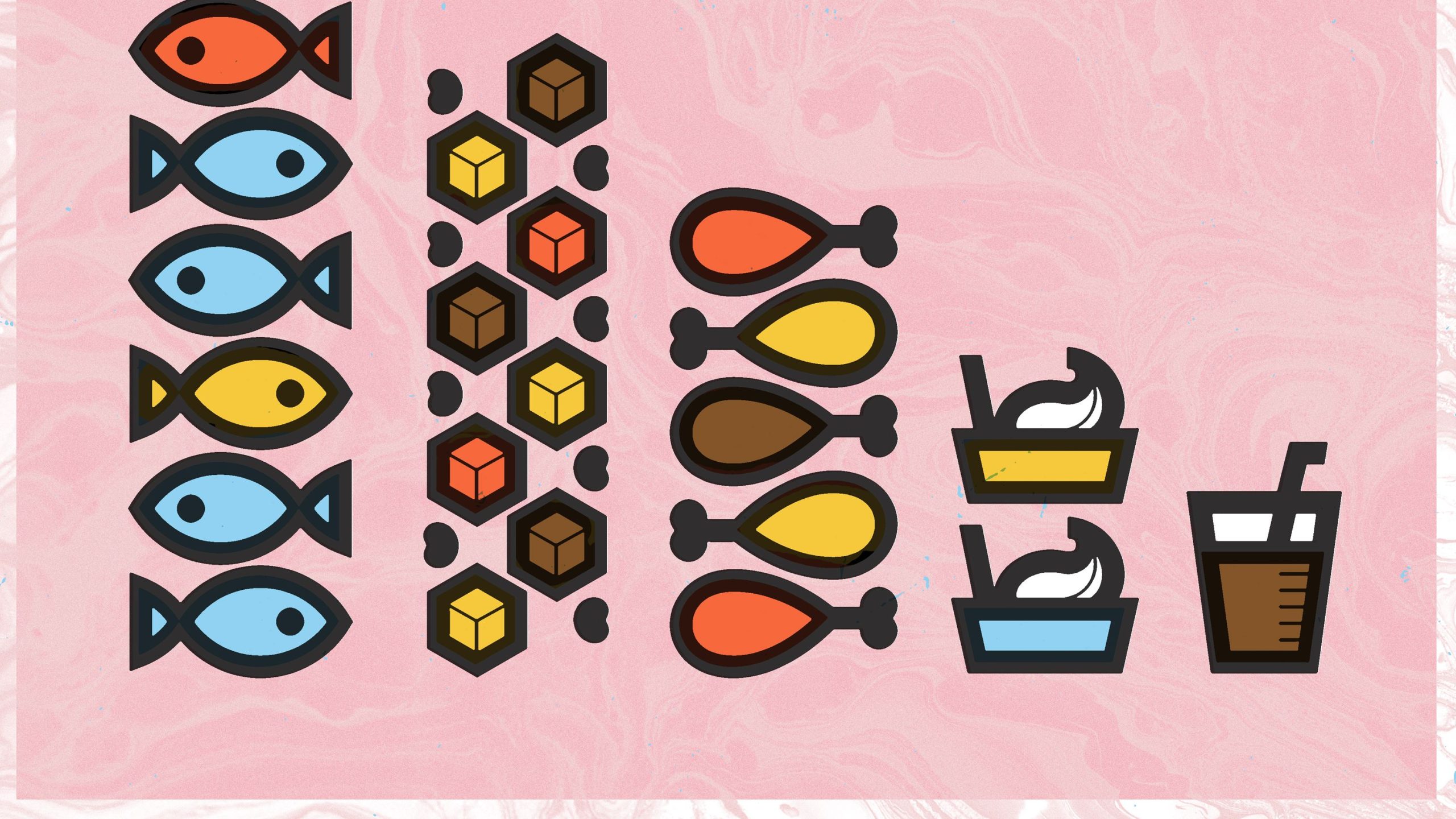Summary
Can a veggie schnitzel legally be called a schnitzel even if it contains no meat? Some have argued such names are confusing consumers. The European Parliament seems to agree.
The European Parliament has voted in favor of banning words like burger and sausage to market their plant-based counterp…
Source: DW

AI News Q&A (Free Content)
Q1: What was the motivation behind the European Parliament's decision to ban meat-like terms for plant-based products?
A1: The European Parliament voted to ban terms like 'burger' and 'sausage' for plant-based products to prevent consumer confusion. However, studies such as the 2020 European Consumer Organisation survey indicate that 80% of consumers do not find names like 'soy sausage' or 'veggie schnitzel' confusing if they are clearly labeled as plant-based. This decision was influenced by a proposal from the center-right European People's Party (EPP).
Q2: How might the EU's label ban on plant-based products impact producers and farmers economically?
A2: The ban could negatively impact plant-based producers by forcing them to undergo costly rebranding and potentially reducing consumer clarity, thus stifling innovation. Conversely, a 2023 study suggested that increased consumption of plant-based foods could boost EU farmers’ income by up to 71% long-term, implying that the ban might counter these potential economic benefits.
Q3: What is the historical context of plant-based beverages in the EU, and how are they currently labeled?
A3: Plant-based beverages have been consumed for centuries, with the term 'milk-like plant juices' in use since the 13th century. In the EU, these beverages cannot be labeled as 'milk' due to regulations, despite their popularity and environmental benefits compared to animal milks. They are often marketed as alternatives like 'vegan milk' or 'non-dairy milk.'
Q4: What are the environmental benefits of plant-based milks compared to traditional dairy milk?
A4: Plant-based milks, particularly soy, oat, and pea, offer environmental advantages over dairy milk by reducing greenhouse gas emissions and requiring less land and water. These factors contribute positively to sustainability efforts and are a significant reason for their increasing popularity.
Q5: What role does ProVeg International play in the promotion of plant-based products, and what is their mission?
A5: ProVeg International is an NGO aiming to reduce animal product consumption by 50% by 2040, focusing on replacing them with plant-based or cultured alternatives. Their mission is not solely to increase vegetarians or vegans but to decrease overall animal product consumption among the general population.
Q6: What was the outcome of the EU Parliament vote regarding plant-based product labeling, and what are the next steps?
A6: The EU Parliament voted with 355 in favor, 247 against, and 30 abstentions to ban meat-like terms for plant-based products. Despite the vote, it remains uncertain whether new terms for plant-based products will be enforced, as this decision now rests with the heads of state and governments in the EU.
Q7: How does the EU Parliament's labeling decision align with consumer awareness and preferences regarding plant-based products?
A7: The decision contrasts with consumer awareness, as surveys indicate most consumers are not confused by plant-based product labeling. This suggests that the decision might not align with consumer clarity and preferences, potentially leading to unnecessary regulatory changes.





